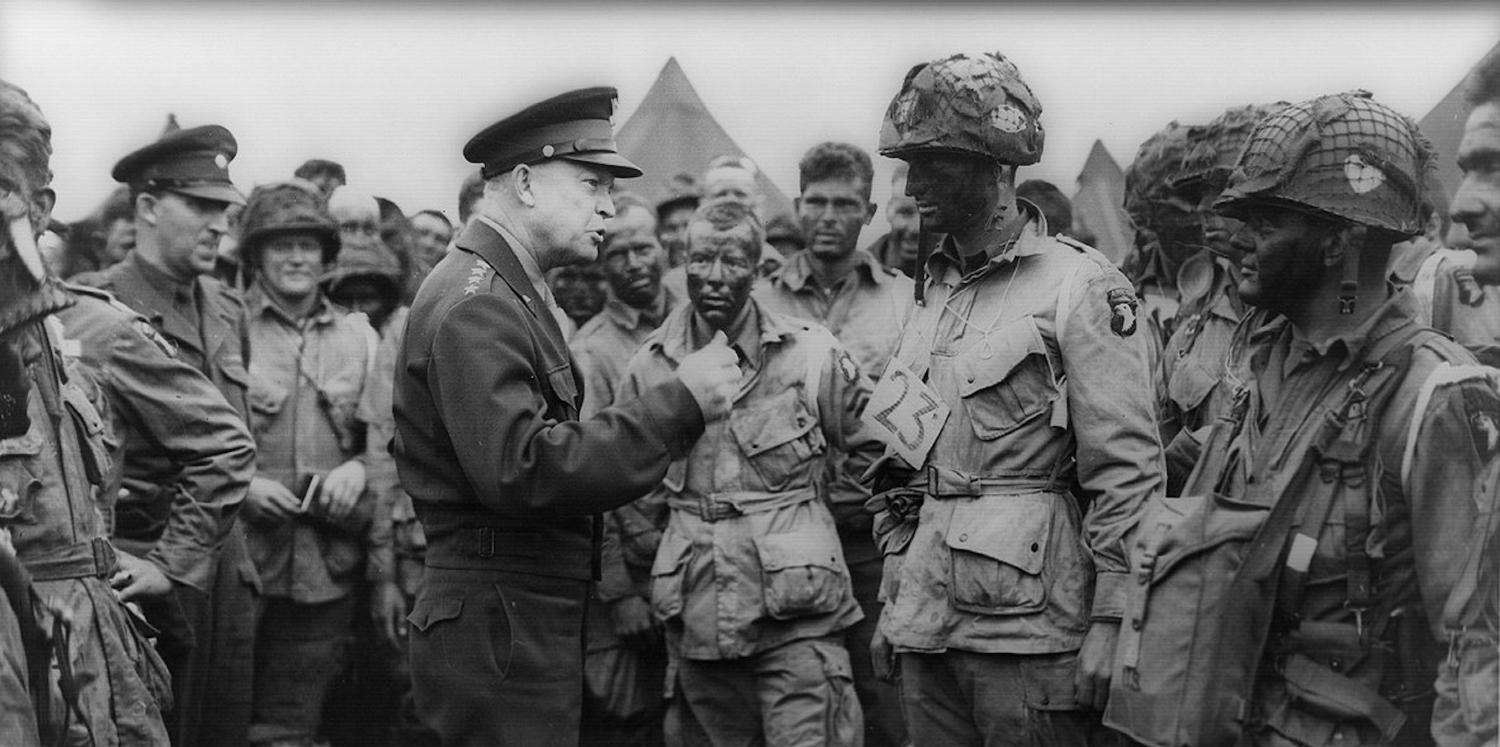Image

Established in 1945, the mission of the Eisenhower Foundation is to honor and champion the relevance today of the life and leadership of Dwight D. Eisenhower through compelling programs and events that celebrate his legacy.
The generosity of donors like you allows the Foundation to provide exhibits, programs, and events for thousands of people every year.